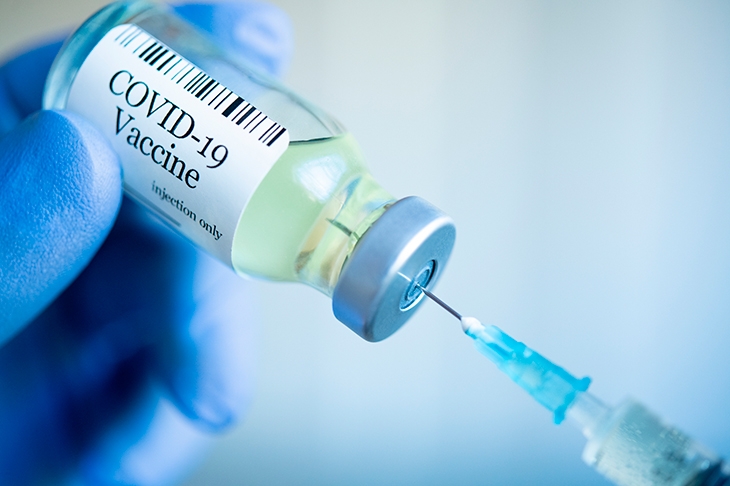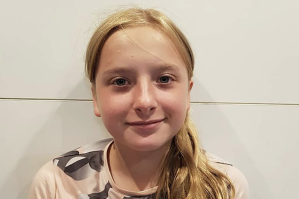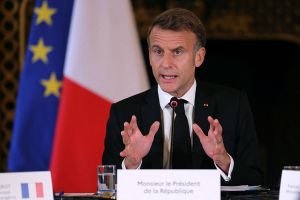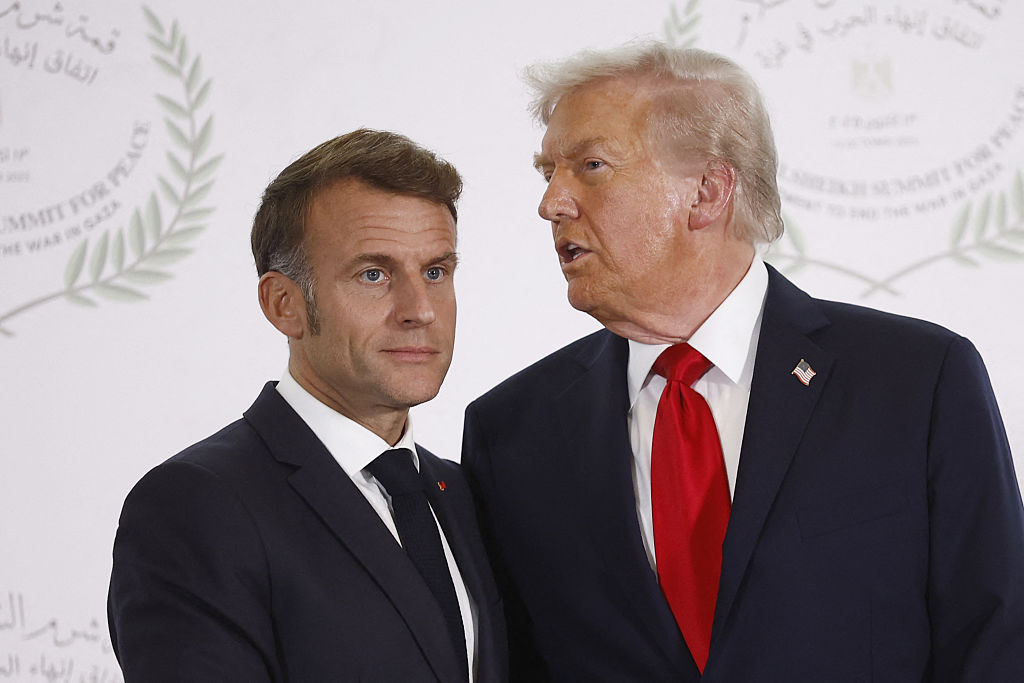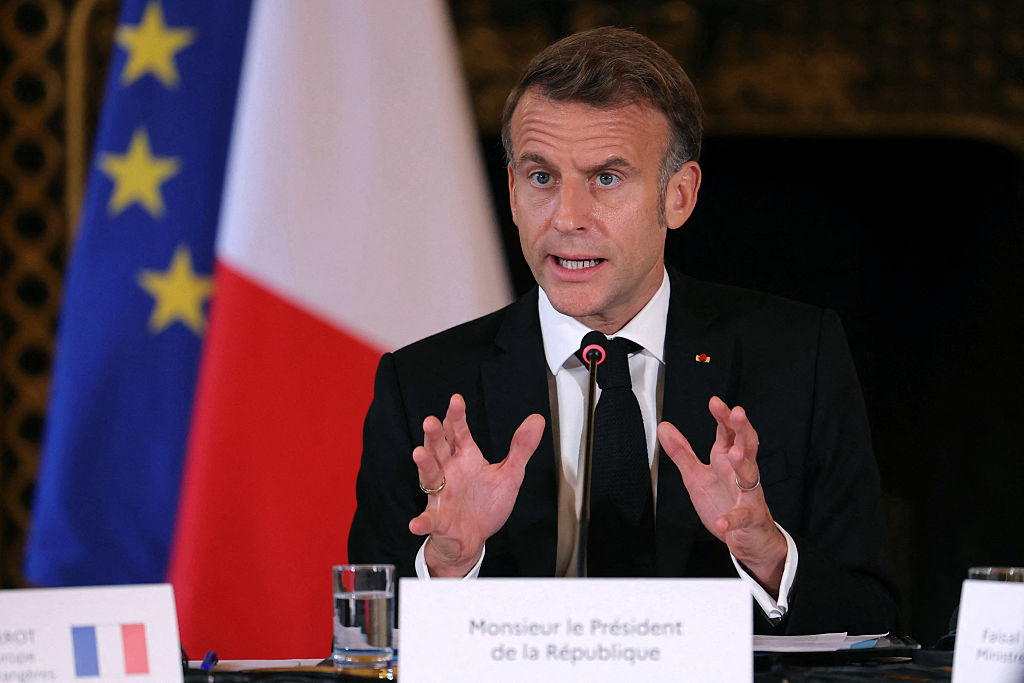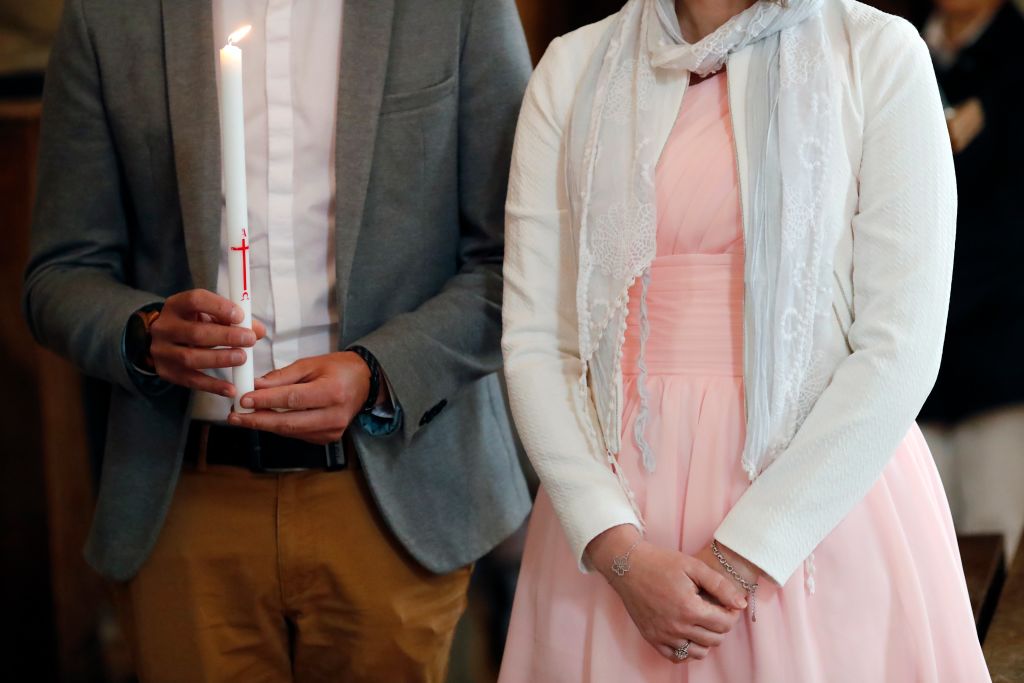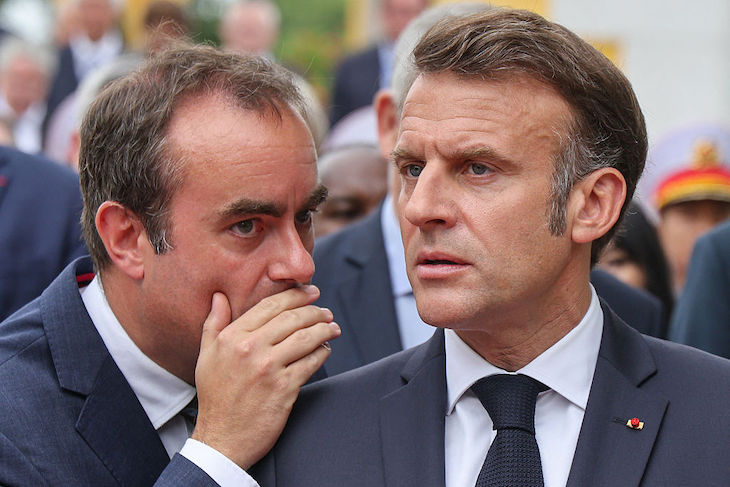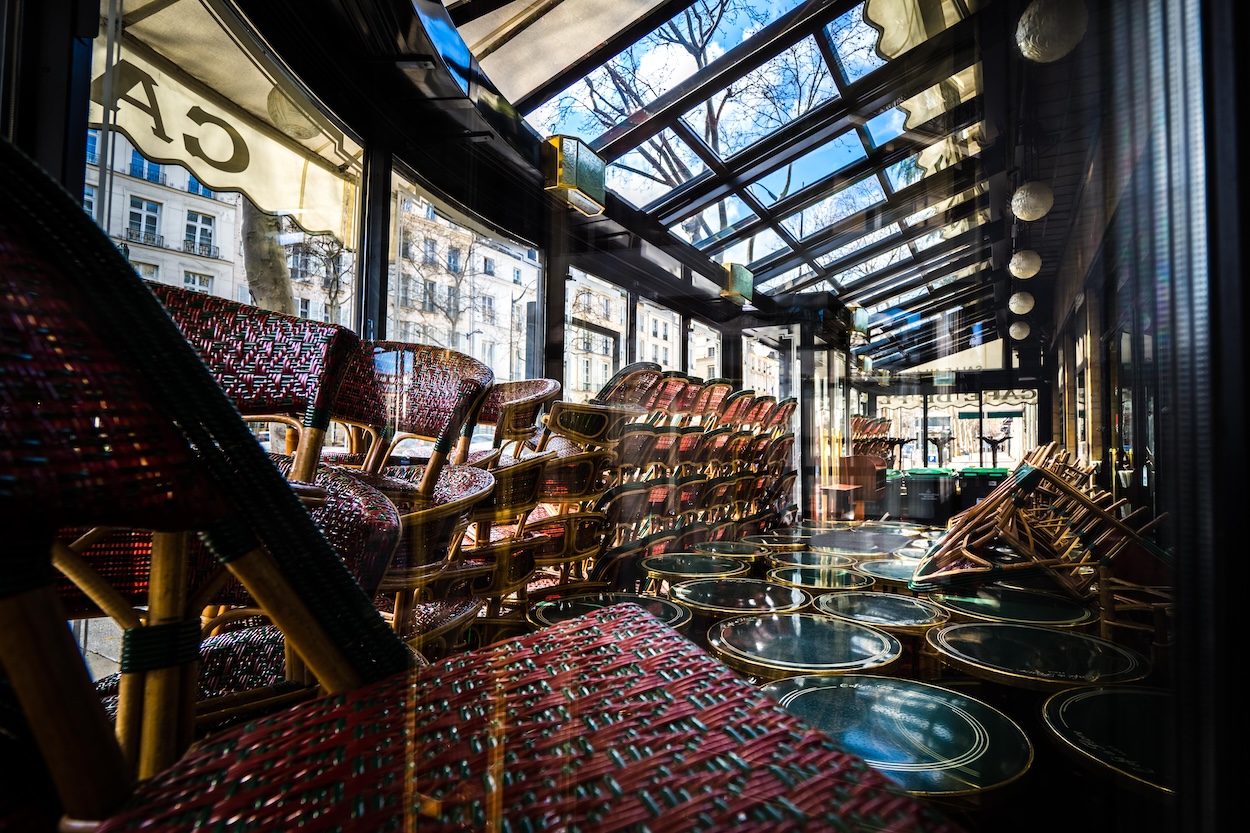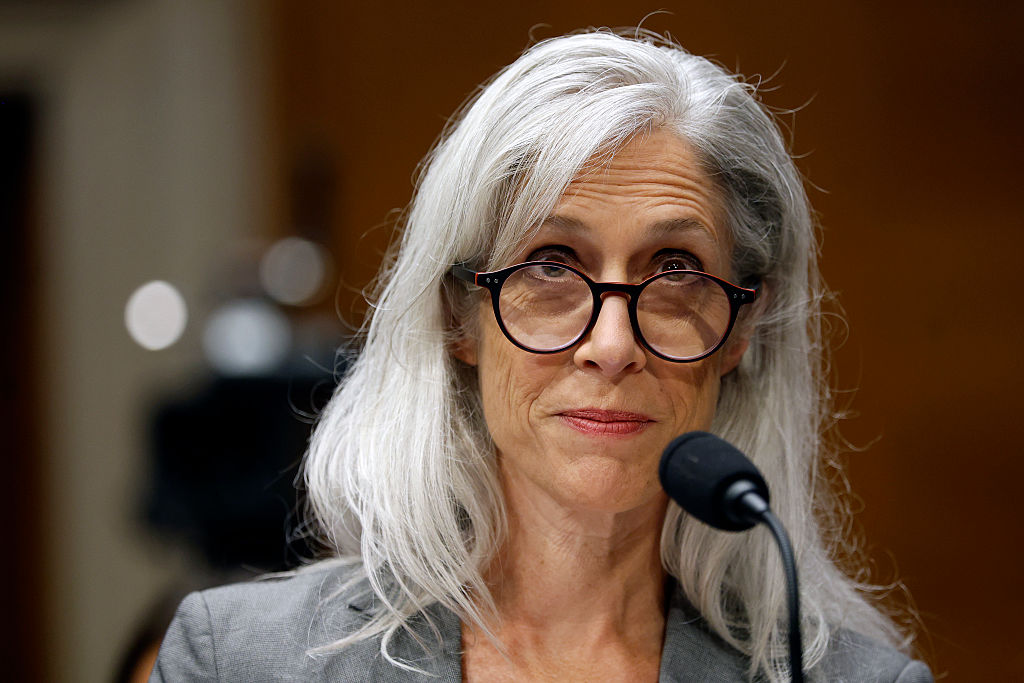Around the time that poor M. Macron was casting televised aspersions on the AstraZeneca vaccine, I was offered one by Mme Michaud, our hardworking French village GP. Concerned about her bosoms, Catriona had visited for a routine appointment and while there had asked what the chances were of getting a COVID jab. By a stroke of good luck, Mme Michaud said she had a batch of the AstraZeneca vaccine arriving in two weeks and would her friend like one as well? Consequently my name was penciled on her list, but with a question mark against it.
My busy oncologist at Marseille replied to my email within two minutes. He said that in spite of what the president of the Republic was saying about the AstraZeneca shot, he believed it to be as effective as the other brands for people of my age and condition and that I should go ahead. Catriona phoned Mme Michaud and the question mark against my name was removed. We were all set.
The appointment was at three o’clock on a Friday afternoon in Mme Michaud’s new surgery. We half expected a phone call at some stage canceling it, but the day and the hour crept inexorably around without a hitch and at 10 to the hour we found the right door and mounted the stairs. A receptionist indicated a double row of circular bamboo seats, about half of them occupied by villagers who were noticeably much older and iller than we were, and we chose seats opposite a gasping, mulberry-faced man with two sticks who didn’t look like he’d make it to half past.
Compared with this decrepit lot, I felt fraudulent and juvenile. And amazed, too, that as a foreigner in France without a health card, with so few French people inoculated against COVID to date, I should be getting a shot so soon. In my mind I was reconciled to not qualifying for a vaccination until August at the earliest, if at all. After 13 months of masks, immobility, mild anxiety and curfews, another three or four weren’t going to make a lot of difference. In fact, my receiving a jab had seemed such a distant possibility that I hadn’t even begun to look forward or calculate the benefits. Until I looked online half an hour before leaving the house, for example, I did not know that 22 days after getting a single AstraZeneca shot, the chance of my being hospitalized by COVID or dying from it is zero. As I sat in Mme Michaud’s brand-new waiting room, I felt like the bloke in that blistering hymn whose chains fell off, whose heart was free, who rose, went forth and followed Thee.
Mme Michaud appeared in the doorway of her consulting room and hooted our names. Close to retirement, she was wearing a short satin miniskirt with a reptile-skin pattern, knee-length leather boots, black patterned tights and a silk blouse with diaphanous trimmings. We rose and followed her in. She tottered ahead of us, like Dick Emery in drag, flung herself in her chair, belched mildly, and began without delay to complete the necessary paperwork with a sort of savage contempt. We sat before her, docile and solemn, and watched her moving Biro tip slashing and skewering.
The old ornate, high-ceilinged rooms in which she used single-handedly to conduct her daily surgeries suited our doctor’s larger than life personality and operatic style very well. This spanking-new, faultless, modern, odorless, monochrome, contemporary, claustrophobic office, on the other hand, seemed to diminish her. I made some fatuous comment about the relative sizes of the former and the new. She muttered something deeply despairing about functionality, gave the form a final couple of vicious stabs, then stood, sighed and trotted behind the arras to concoct the shots.
Catriona rolled up her sleeve to receive the prick in her upper arm. I had put on a clean shirt and tartan tie for the occasion and it was necessary to strip to the waist. Our injections took less than two seconds each and were painless. I lowered my mask and mimed a passionate kiss in Mme Michaud’s direction. Shaking her head, she printed off two easily forgeable vaccine certificates, handed them over, told us not to lose them, and said she’d give us a ring in two or three months for the second dose. Catriona has a health card, so pays nothing; I handed over the usual €25. Then we bowed our thanks and returned to the waiting room to sit out the mandatory 15 minutes in case of a reaction.
Some of those poor souls we’d seen earlier were still grimly waiting there. Others were missing. Catriona and I sat and laughed so helplessly that we had to get up and leave well before the 15 minutes were up.
This article was originally published in The Spectator’s UK magazine. Subscribe to the US edition here.



